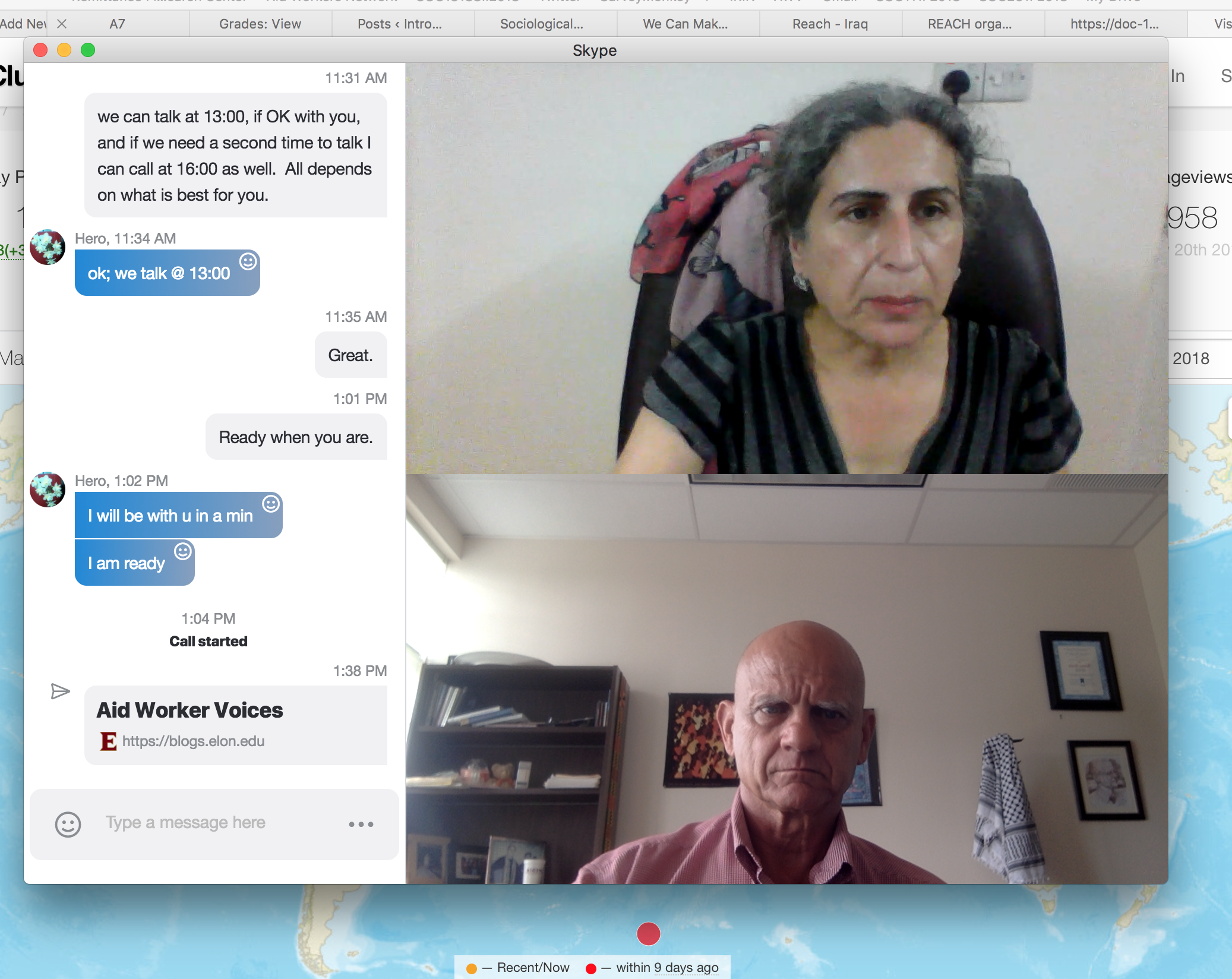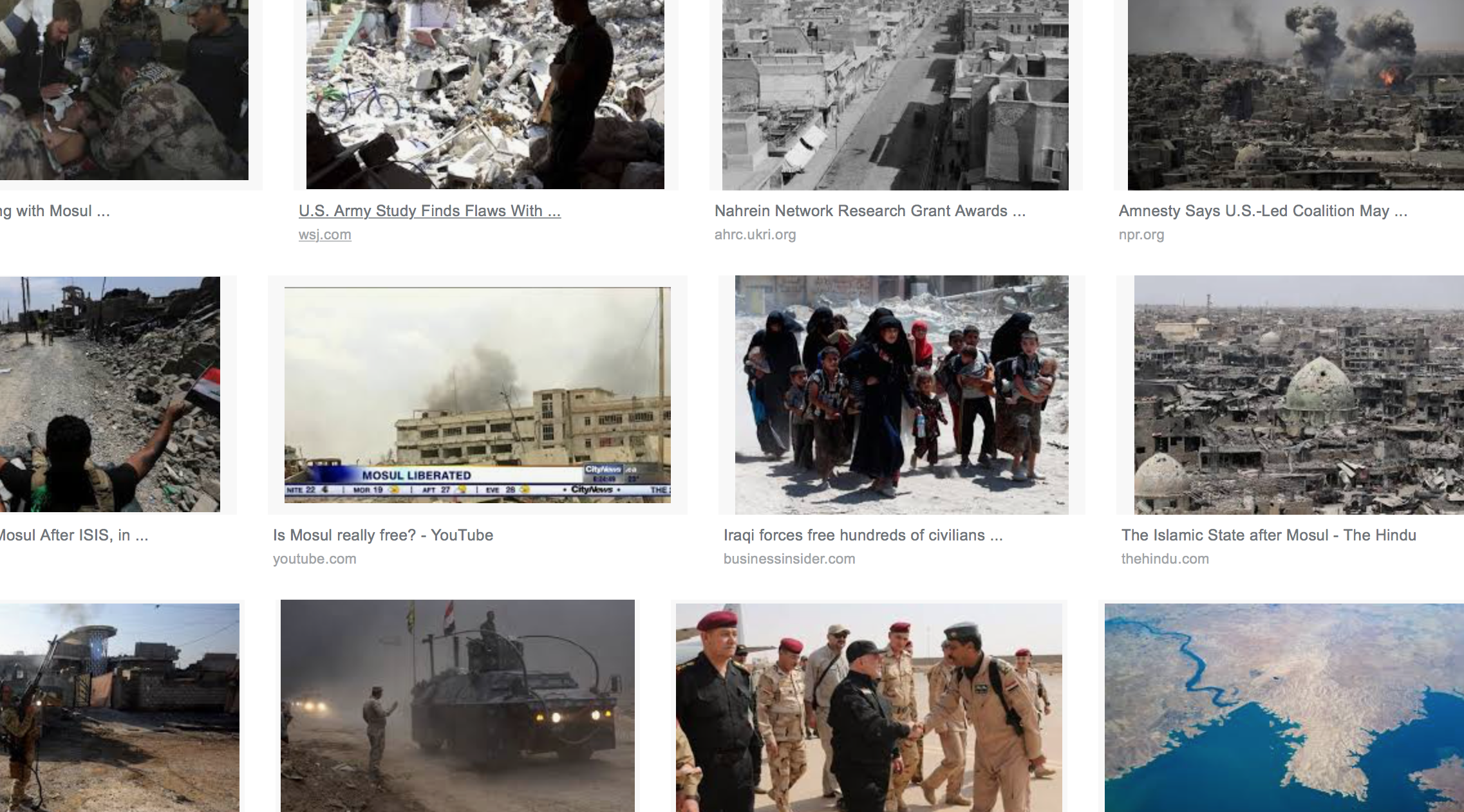More categories to consider
Being a humanitarian can be a very difficult job, physically, intellectually, and emotionally. Though workers at all levels -from driver to country director- are constantly under pressure to function effectively, those in leadership positions have enormous responsibility. They must take care of those with which they work, and both sets of people for whom they work, namely those in the affected communities and the donor organizations. Much of their job is translating between the cultures and needs of each of these two very different worlds, the needy and the needed. One critically important task is keeping up with all of the complex and constantly changing nomenclature in the grant application world, all part of the ‘alphabet soup’ in the humanitarian sector.
Over time as humanitarian responses mature, shift, and application and reporting requirements change accordingly, those who write (or oversee the writing of) grants and reports must stay current with new and more nuanced ways to describe the affected communities.
More categories to consider
I learned a new term in the last few days. Several times now I have interviewed an Iraqi  humanitarian worker, asking her thoughts about various aspects of her life in the aid sector in northern Iraq. Her life as a deputy director of her LNGO is extraordinarily stressful, and those of us outside of Iraq can only imagine what the most recent reports out of northern Iraq about mass graves used by ISIL mean for humanitarian workers in that region. Said one aid worker who has worked in the region, “Many of the Iraqis in the humanitarian sector are clearly traumatized at some level.”
humanitarian worker, asking her thoughts about various aspects of her life in the aid sector in northern Iraq. Her life as a deputy director of her LNGO is extraordinarily stressful, and those of us outside of Iraq can only imagine what the most recent reports out of northern Iraq about mass graves used by ISIL mean for humanitarian workers in that region. Said one aid worker who has worked in the region, “Many of the Iraqis in the humanitarian sector are clearly traumatized at some level.”
According to the UNHCR, the are twice as many IDPs than there are refugees in conflict areas, particularly in the Middle East, and for humanitarians IDPs are a more difficult population to reach and generally have more, and more complex, needs.
In talking about recent grant proposals her organization had applied for she mentioned the terms ‘remainee’ and ‘stayee’ interchangeably, settling most of the time on ‘remainee.’ She also mentioned “returnees”, another new term. These were new terms to me, so I asked for definition and clarification.
In short, “Remainees are people who lived under ISIL and never left their homes.” ‘Returnees’ are IDPs who left, for example Mosul, and then retuned to their homes after the Iraqi government declared their homes free of ISIL.
When asked which group -remainees or returnees- it was harder to develop trust with she said, “Remainees are harder. They are mistrusted by the government who fear they are ISIS or ISIL sympathizers.” She noted that when their organization goes into an area that was formerly occupied by ISIL, if they are patient they can earn the trust of the families that remained, with first one or two coming forward and then more as time passes.
“Remainees are harder. They are mistrusted by the government who fear they are ISIS or ISIL sympathizers.” She noted that when their organization goes into an area that was formerly occupied by ISIL, if they are patient they can earn the trust of the families that remained, with first one or two coming forward and then more as time passes.
It is important to distinguish between ‘remainees’ and ‘returnees’ because grant RFPs may require specific information regarding which groups are targeted. The needs of remainees and returnees overlap of course; all need livelihoods, WASH [water, sanitation, hygiene], NFIs [non-food items], and infrastructure support, for example, but the needs of the remainees trend to be more intense, especially when it comes to psychosocial support.
My contact noted that dealing with the impact of GBV [gender based violence] was particularly difficult because under ISIL “the rights of women and girls were not respected.” Her description, of course, is an understatement likely borne of the fact that, as mentioned above, most Iraqi humanitarians are traumatized at some level.
Universal usage
On the global level, the terms ‘remainee’ and ‘returnee’ are not new, of course, and, in addition to in Iraq, have been used in past humanitarian responses in Kosovo, for example.
Each new generation of national humanitarians in Iraq -and elsewhere around the world- must endure and then perpetuate the dehumanizing process of turning human lives into bureaucratically appropriate nomenclature. In Iraq, safe to say, there are few degrees of separation -if any- between the helpers and those whose lives are being assisted, and not infrequently only the passage of time and circumstance separate one role from the other. As I step back, I can’t help but think that in a larger sense, all Iraqis are remainees.
As always, send me comment, feedback, or critique. Click here to get the process started.


 Follow
Follow